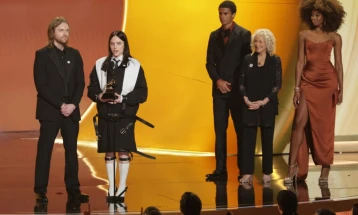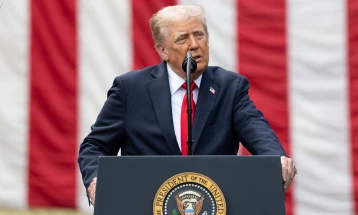German Women's Ministry comes out against gender-neutral formulations
- Post By Magdalena Reed
- 21:04, 6 October, 2021

Berlin, 6 October 2021 (dpa/MIA) — Germany's Women's Ministry says official communications shouldn't include newer language constructions with special characters that are intended to be less sexist in the strictly gendered German language.
"Such spellings are currently considered to be against the law," reads a letter from the Federal Ministry for Family Affairs, Senior Citizens, Women and Youth (BMFSFJ), which was made available to dpa on Wednesday.
The ministry adheres to the guidelines of the German Spelling Council, according to which special characters should not be used as word components in official communication.
One example is the word for colleagues, which in German is Kollegen - the masculine plural - or Kolleginnen - the feminine plural. Instead of using the masculine form to mean both genders, forms such as Kolleg*innen, KollegInnen and Kolleg_innen have been developed to include both genders.
The ministry would prefer to use the wider formulation "Kollegen und Kolleginnen," which includes both genders with an "and."
In the federal government, all departments and employees have been called upon since 2001 to "express equality between men and women in language," it continued.
For example, the so-called generic masculine is already avoided. When it comes to groups of indeterminate gender, gender-neutral formulations are chosen. For example, a word meaning "those studying" would be preferred to the masculine plural for students.
"It is important to the federal minister for family affairs that the language always expresses respect for every human being," a ministry spokesperson said on Wednesday.
The letter from mid-September was not a guideline, but merely "a working and orientation aid for a gender-appropriate and respectful use of language by the federal administration."
In March, the Council for German Orthography had spoken out against the inclusion of the gender star in the Official Rules of German Orthography. It said in a statement that it would "observe the further development of spelling."
The topic can lead to heated debates in Germany, with some groups demanding that the language must change in order to reflect modern society, while others argue that the changes only complicate the language and result in complicated constructions.







